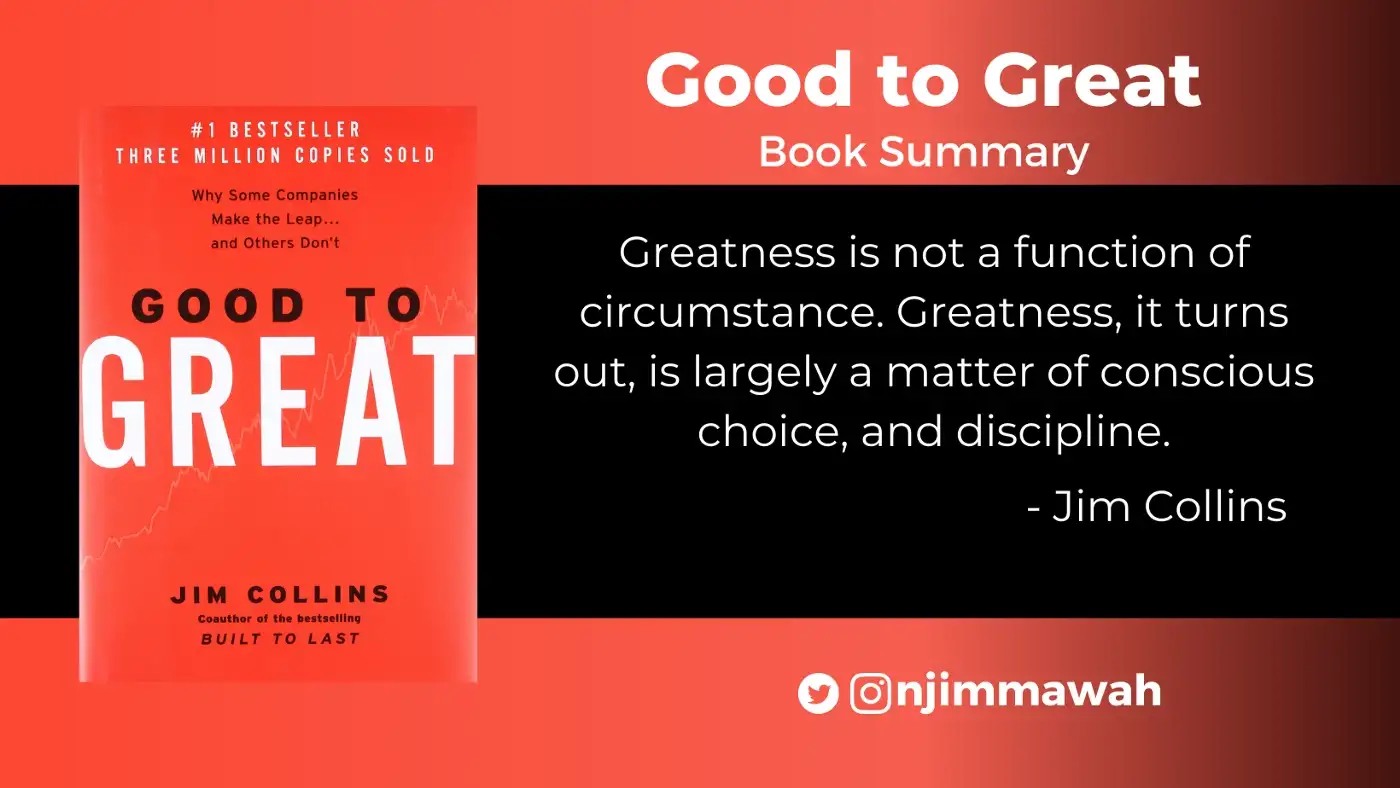
It is no news that we are currently living through the most challenging and unprecedented times of our generation. Beyond the number of lives lost to COVID-19, the pandemic has unleashed on us a sequel of never-ending change we need to adapt to. If we are honest with each other, change happens to all of us, and it does take a little getting used to whether this is in our personal or professional lives.
“Who Moved My Cheese?” is an allegory about change and how to adapt to it. The book is built around the journey of four imaginary characters, Sniff, Scurry, Hem and Haw, in a maze searching for cheese. Scurry and Sniff enthusiastically head out into the maze to find new cheese once the cheese disappears. On the other hand, Hem and Hall feel entitled, betrayed and complained. They waste their time and energy hoping the old cheese will return. Down the line, Hall realises the old cheese won’t return, so he sets out into the maze, searching for new cheese. He writes what he learns on the walls of the maze, hoping that Hem will follow him. Eventually, he discovers new cheese and notices that Scurry and Sniff are already there.
The author uses cheese as a metaphor for what you want in life — a well-paid job, a loving relationship, money, possessions or a healthier body. The maze represents the environments in which you search for it — your place of work, family or community in which you live. No supply of cheese can last forever. Change is always bound to happen sooner or later. Instead of fooling yourself that things will stay the same forever, always keep an eye open for change. Here are five lessons from the book on how to deal with change.
Change Happens: No matter what cheese you currently enjoy or are after, it is not immune to being moved, and that is life, whether you appreciate it or not. As you define whatever your cheese is, accepting that things will always change will result in a happier outlook on life. Don’t be locked into a single plan or pathway to success; as the odds are, you’ll have to change at least something about your ideas at one point or another.
Adapt To Change Quickly: Knowing that things will change and the cheese will sooner or later be moved means you need to be ready. Once the cheese gets moved, the quicker you let go and start chasing new cheese, the sooner you find it. The more you delay moving with the cheese, the more you build resistance, and it becomes harder to move. Embrace the challenge and opportunity that comes every time cheese is moved, for that is how you or your business becomes relevant.
Monitor Change: Wherever you are, monitor the trends to find out what to expect. The characters in the book learn to smell the cheese often so they know when it is getting old. While you may be able to adapt to change quickly to enjoy the opportunities it brings, it also helps to know when that change is coming. Don’t let the change take you completely off guard, as you might not be as prepared as you think.
Enjoy Change: Once Haw embarked on his quest for new cheese, he realised he felt better from just taking action even before he found the new cheese. Once change happens, it is totally up to you how you react to it. New experiences, discoveries, and achievements are rewarding, usually more so than continuing to do the same things.
Be Prepared For More Change: After finding the new cheese at the end of the book, Sniff and Scurry expected and prepared for even more change by continuing to explore new parts of the maze. How did the same thing because he had learned from his mistakes and pledged not to be surprised by change again? Change is a natural part of life. Change should only be a surprise if you aren’t paying attention or operating on erroneous assumptions — for instance, you’re entitled to having things a certain way.
In conclusion, what is the moral of the story? That change is inevitable, and it happens to us all, whether we like it or not. Resisting change leads to stress and unhappiness, and if you do not change, you can become extinct. Embracing change leads to success and fulfilment.
Enjoyed this article? Let me know in the comment. Feel free to like and share.




